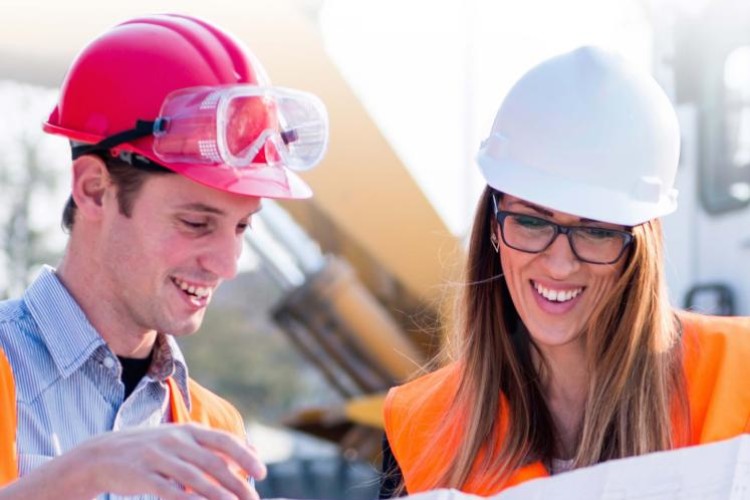The report points out that a high proportion of the industry’s workforce is close to retirement. It says that the potential impact of this is worrying, as essential skills and knowledge are being lost, there is a decline in entrants to the sector, and there is a shortage of skilled workers in the pipeline to replace those retiring.
“More needs to be done to attract young people into the industry, but also to ensure that older members have up-to-date training,” it says. “It is imperative that employers focus on effective workforce planning to ensure vital skills are not lost within construction.”
Recent analysis of SQA data showed that the highest uptake of qualifications was in the 24+ age group, with the average age of its construction learners being 40.
The government’s focus on construction apprenticeships is also helping to bridge the skills gap, said SQA, facilitating entry into the sector by providing an alternative to traditional study methods and covering many key trades.
SQA said that has been working towards bridging the skills gap through its range of construction qualifications. In 2017, it launched a further suite of construction qualifications in direct response to the removal of the Construction Related Occupation (CRO) card.

The report also refers to need to encourage all school pupils, especially girls, to consider STEM subjects when they choose their courses and career paths as a means of bridging the skills gap in the sector.
“SQA recognises the growing importance of technology in the way training and assessment takes place in the construction industry,” said SQA’s head of transformational change Martyn Ware. “Effective use of digital technologies can enhance the flexibility, validity and reliability of assessment. It can reduce costs and turnaround time eg for delivery of results. SQA is exploring how VR can be used to enhance assessment for its construction qualifications.”
SQA is working with eCom Scotland, City of Glasgow and Fife College to look into the development of a VR assessment authoring tool that will enable non-technical people in organisations to create fully immersive virtual reality experiences by themselves without the need for specialist coding skills. “This will create assessments that are more relevant to work situations, consistent and transparent,” said Ware. “Over the first half of 2020, we will develop, trial and evaluate VR-based assessments for components of some of our construction qualifications. This research will generate valuable learning about how and where VR can help enhance assessment for Construction qualifications more generally.”
The report also discusses sustainability and green construction. Sustainable construction methods, more efficient plant and tools, and reusable or recycled materials, as well as efficient project planning all contribute to limiting the impact on the environment and can actually be more cost effective than traditional materials and methods,” said SQA health, safety and environmental officer Allan Dunbar.
Got a story? Email news@theconstructionindex.co.uk



